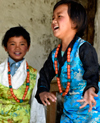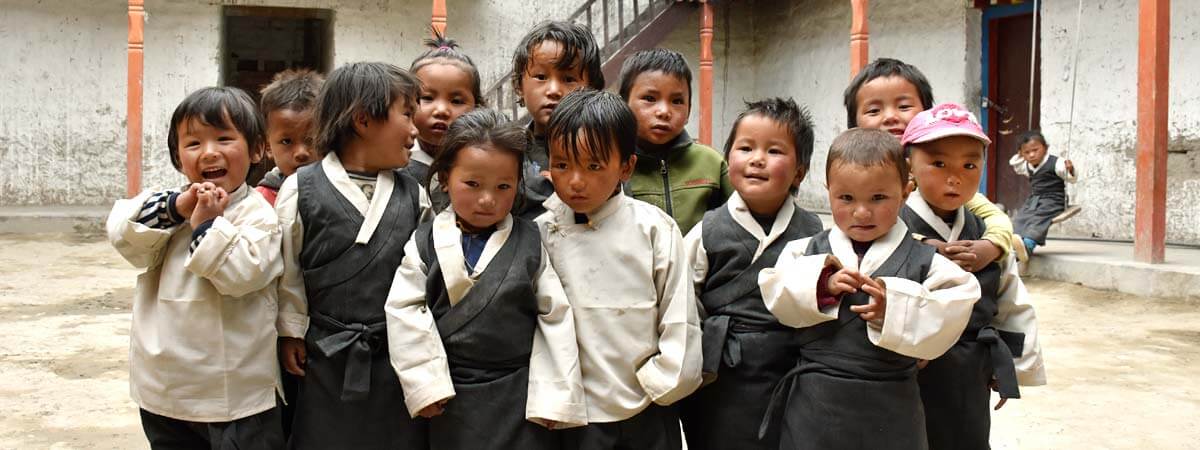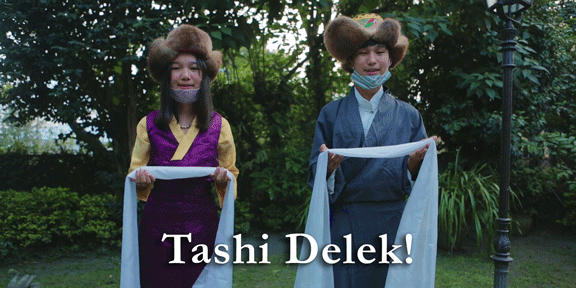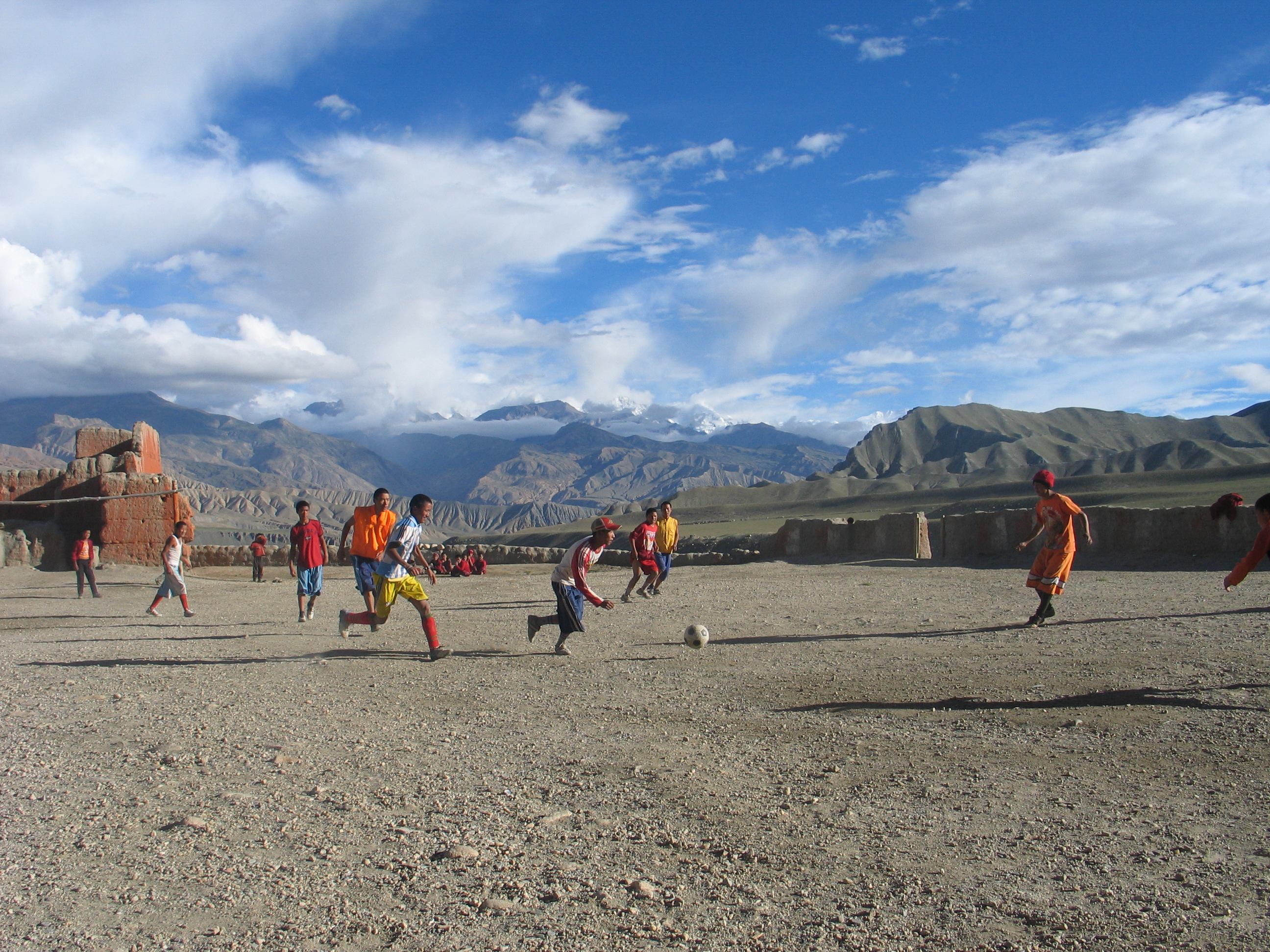Preparing for the future in Mustang
The geographical and political isolation of the former Kingdom of Lo had left its villages impoverished and time-honored traditions fading. When the kingdom was suddenly opened to outsiders, it became clear that education—one that included Tibetan language—was essential for these communities to survive.
We start with day cares, where children learn the fundamentals, and all-important hygiene and life skills. Without them, parents have two dangerous alternatives: take the child into the fields or have a marginally older sibling look after them. Before day care came to the area, a number of children left home alone tragically drowned in nearby streams.Today we support 14 day care centers, keeping little Lobas safe and learning in Tibetan and Nepali in villages throughout Upper Mustang.
Language is about so much more than communication. A common language ties people together and strengthens cultural identities. Though they are different dialects, Loba is rooted in Tibetan. So we fund Tibetan teachers at government-run schools, who add Tibetan language to primary school curriculum and introduce traditional music, songs, and dances to the students—and through them, the entire village.
For older students, there is only one public high school in Upper Mustang. Those who live close enough can walk. For the others, Jomsom Hostel becomes home to young Lobas who live and study together. It is a warm and lively community, and an unprecedented opportunity for children who would not otherwise be able to complete their education.

AHF Regional Director Bruce Moore reported that during one school recital he attended in the village of Charang, an elderly woman sitting behind him started sobbing. After asking why, she replied that she hadn’t heard the particular song since she herself was a child. She had totally forgotten it, and on hearing it now, many memories flooded back.



